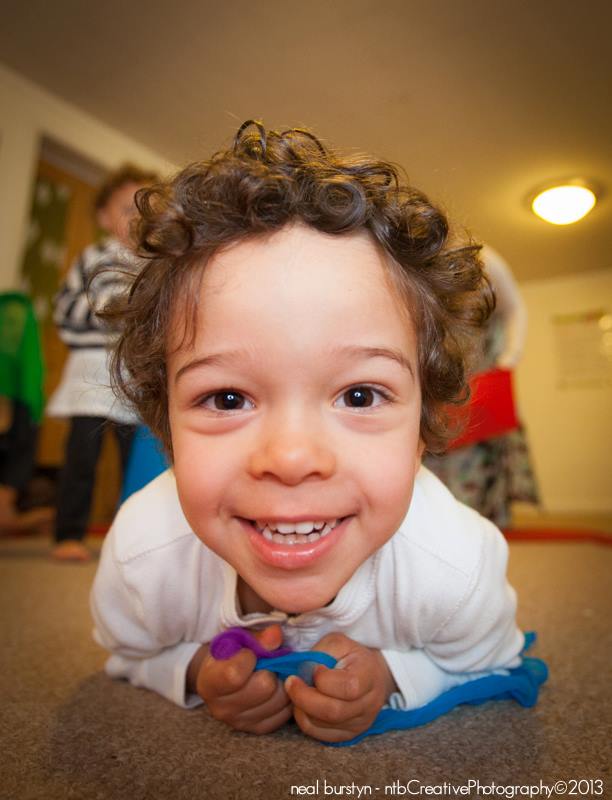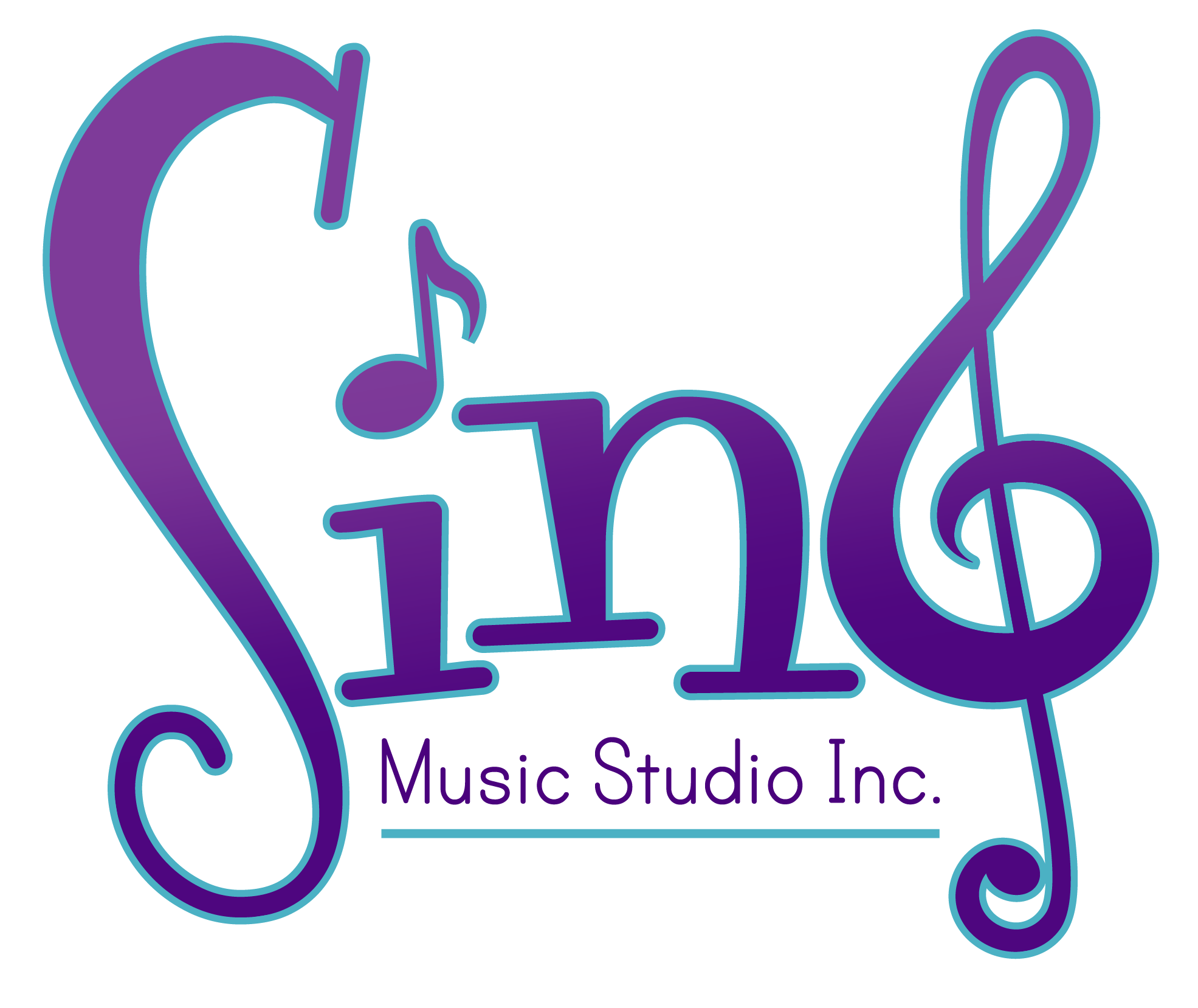Everybody dreads the “terrible two’s”. But have you ever sat back and thought about why this stage in your toddler’s life is so difficult? Did you know that this developmental stage is synonymous with being a teenager? And do you know how to make this stage easier on yourself and your child?

Toddlerhood is a constant struggle for your child between dependance and independence – hmm that sounds an awful lot like being a teenager. Your little one wants to be able to do things on his own but still relies on mom and dad for so many things, much like a teen. Providing more opportunities for your child to feel in control and make choices can aide your little one in feeling that sense of independence that he wants so badly, especially when there is opportunity for choice. Here are some examples:
- Before heading outside: “Would you like to wear the green hat or the red hat?”
- Bedtime routine: “Do you want to brush your teeth first or take your bath first?”
- When crossing the street: “Would you like to hold my hand or for me to hold your hand?”
That last one is my personal favourite, LOL! But you can see that sometimes rephrasing what you want your toddler to do can really help him cooperate! Certainly there are times when no choice is possible and in those instances, it’s best to take a direct approach as opposed to asking a question. For example, instead of saying “Would you like to have lunch now?” you might say, “It’s time to have lunch now”. Asking a question leaves room for that looming answer, a hefty “NO”!
Toddlerhood is also an extremely emotional time. Does that remind you of what it’s like to be a teenager too? While teens struggle with new emotions, feelings, self esteem, self worth and hormones, toddlers are also struggling with new emotions and feelings, becoming self-aware and have the added disadvantage of not having the language to communicate with you. That sounds like a clear recipe for frustration, and potential disaster, if you have no clue how to handle it! However, providing your toddler with tools to communicate effectively with you as well as a better understanding of emotions can make both of your lives easier.
Sign language is an EXCELLENT tool for communication. Especially if you start signing with you little one around 6 months and continue to provide useful signs along the way at key times and when your baby/child is engaged. I can assure you that you are not replacing the spoken word by using ASL with baby or toddler – in fact you are doing the opposite. Most babies who sign speak sooner than babies who do not sign because they have a deeper understanding of language. Not only that but now you have provided a way for baby to communicate with you before he has the ability to put all the words together (for more info on the benefits of signing, check out this previous blog post). By adding signs for EMOTIONS into your signing repertoire, now you have the tools in place for your toddler to understand feelings and have the ability to describe to you how he is feeling – alleviating frustration. Wow, that’s pretty powerful!
Join us at Sing Music Studio as we delve into emotion signs in our next Sing Signing Series class: Emotions! This is a drop-in class, with no pre-requisite to have attended one of our previous ASL classes. Plus, you will receive a useful pdf of all the signs explored in class for at-home use. Just email me, Miss Mandi, to register: [email protected].

